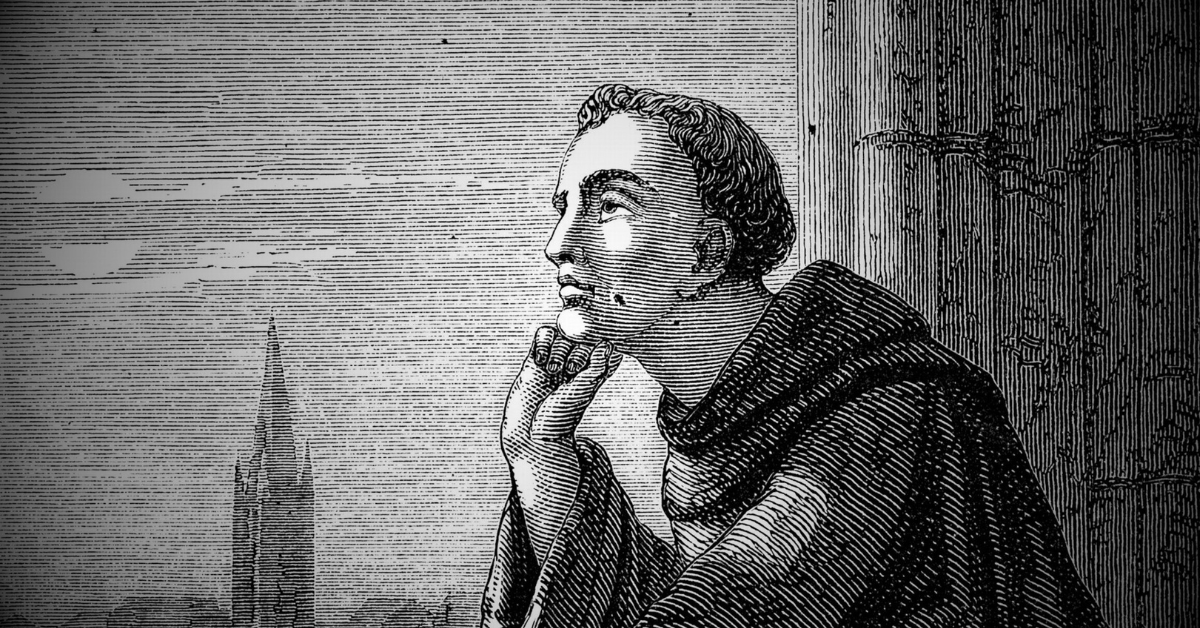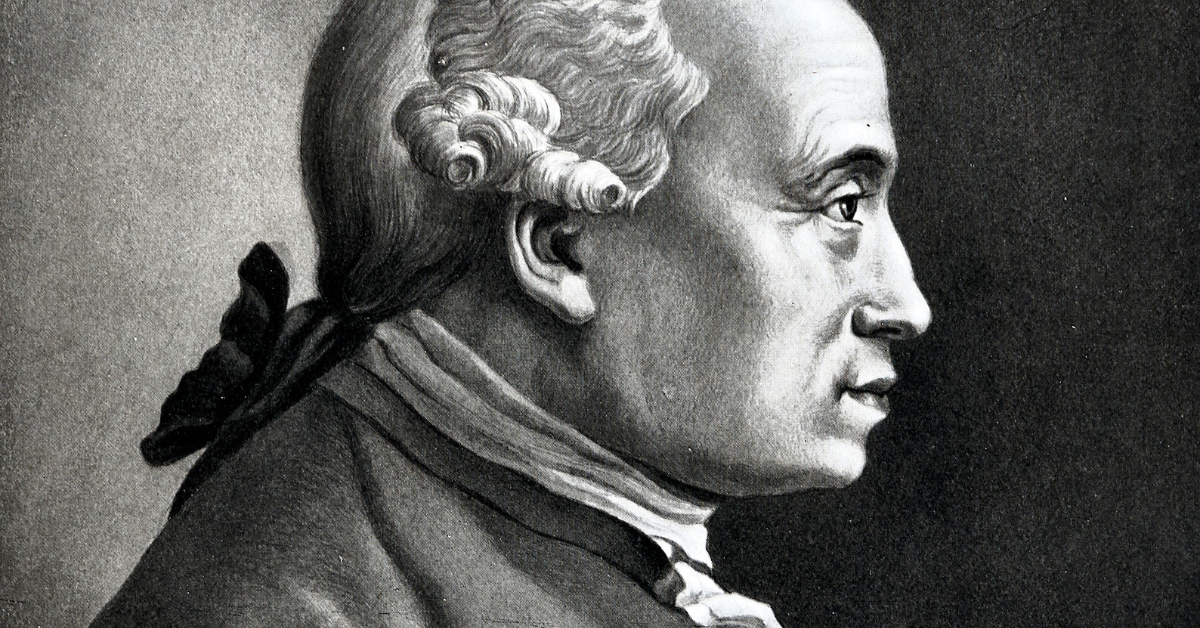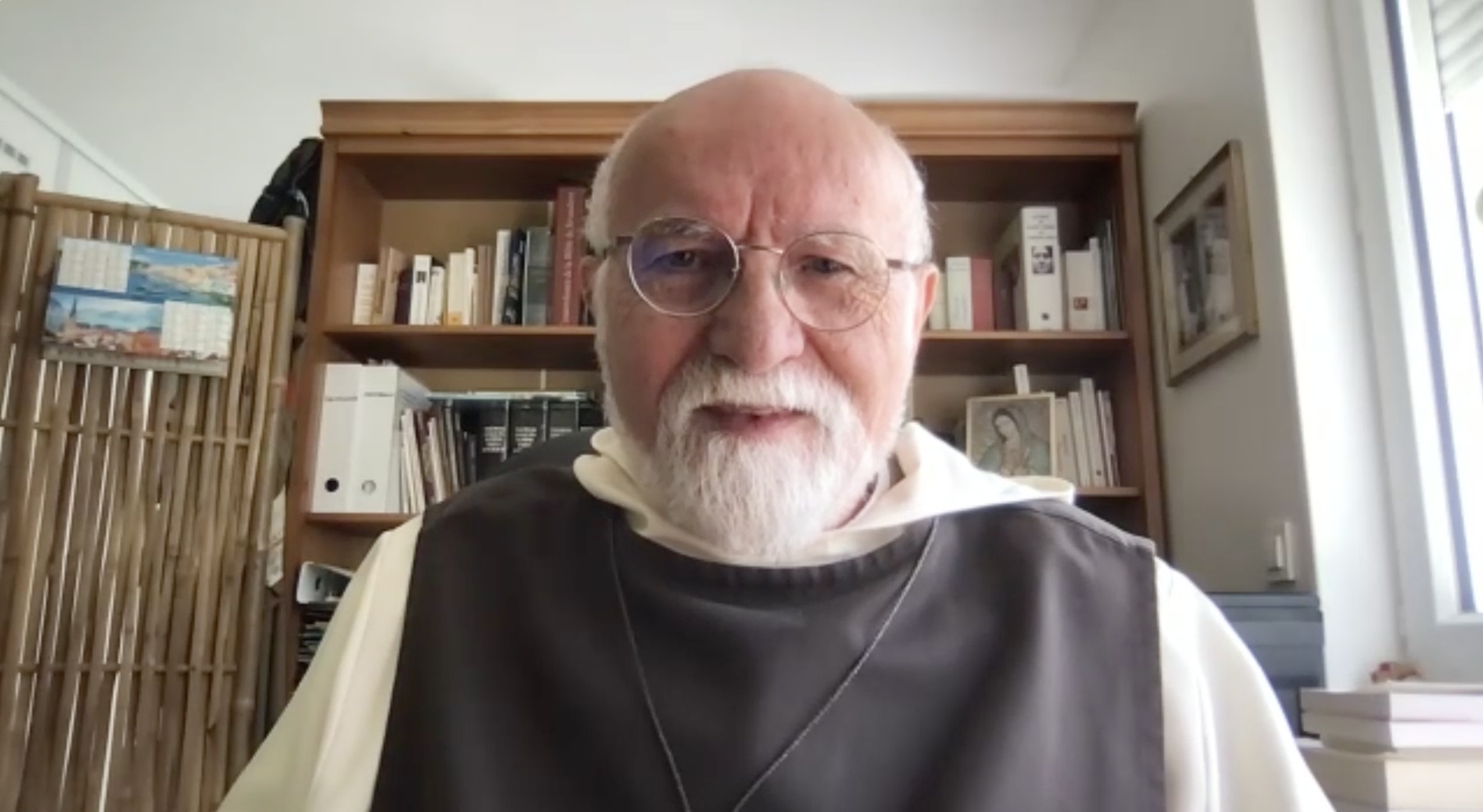
In honour of World Philosophy Day (celebrated each year on the third Thursday of November), we invite you to embark on a journey of intellectual enquiry! In this blog post, we present ten quotations from some of history’s greatest philosophers, each a spark to ignite your curiosity and fuel your contemplative spirit.
1. “I think, therefore I am.” – René Descartes
René Descartes, a French philosopher and mathematician, is known as the “father of modern philosophy”. This statement asserts the certainty of one’s existence as a thinking being, linking consciousness to existence.
If Descartes’ emphasis on the certainty of existence resonates with you, delve into his seminal work “Meditations on First Philosophy” for a deeper exploration of his foundational ideas.
2. “The unexamined life is not worth living.” – Socrates
Socrates, an ancient Greek philosopher and founder of Western philosophy, is celebrated for his pioneering role in shaping philosophical inquiry. This statement emphasises the importance of self-reflection and philosophical inquiry, suggesting that a life devoid of introspection lacks true value.
For those intrigued by Socrates’ call for self-examination, consider exploring Plato’s dialogues, especially “Apology” and “Phaedo,” to gain a richer understanding of Socratic philosophy.
3. “Man is condemned to be free.” – Jean-Paul Sartre
Jean-Paul Sartre, a leading figure in existentialist philosophy during the 20th century, was a French philosopher, playwright, and political activist. This statement contends that human beings are burdened with the responsibility of creating their own meaning and values, highlighting the inherent freedom and existential choices each person faces.
Dive into Sartre’s existentialist philosophy by exploring his influential work “Being and Nothingness,” where he elaborates on concepts of freedom, responsibility, and the nature of existence.
4. “The more I read, the more I acquire, the more certain I am that I know nothing.” – Voltaire
Voltaire, an Enlightenment thinker and prolific French writer, was a philosopher, historian, and advocate for civil liberties and freedom of expression. This statement underscores the humility of true knowledge, suggesting that the pursuit of wisdom often reveals the vastness of what one doesn’t know.
If Voltaire’s pursuit of knowledge inspires you, his satirical novella “Candide” serves as both an entertaining and thought-provoking exploration of optimism, reason, and the human condition.
5. “Man is born free, and everywhere he is in chains.” – Jean-Jacques Rousseau
Jean-Jacques Rousseau, a Genevan philosopher of the Enlightenment, was a major influence on political philosophy and educational theory. This statement reflects his social contract theory, expressing the idea that societal structures impose limitations on individual freedom, contrasting the inherent freedom of human nature.
For those captivated by Rousseau’s critique of societal constraints, consider reading his treatise “The Social Contract” to delve deeper into his ideas on the relationship between individuals and the state.
6. “We are what we repeatedly do. Excellence, then, is not an act, but a habit.” – Aristotle
Aristotle, an ancient Greek philosopher and student of Plato, is one of the most influential figures in Western philosophy, with contributions to ethics, metaphysics, and more. This statement emphasises the role of habits in shaping character, suggesting that consistent virtuous actions lead to excellence, making it a part of one’s nature.
Delve into Aristotle’s comprehensive exploration of ethics in his work “Nicomachean Ethics,” where he delves into virtues, moral character, and the pursuit of a flourishing life.
7. “The function of prayer is not to influence God, but rather to change the nature of the one who prays.” – Søren Kierkegaard
Søren Kierkegaard, a 19th-century Danish philosopher, theologian, and literary figure, is considered the father of existentialist philosophy. This statement emphasises the transformative power of prayer on the individual, focusing on self-discovery and personal growth rather than influencing external forces.
If Kierkegaard’s reflections on prayer resonate, explore his philosophical and existential insights further in works like “Fear and Trembling” and “The Sickness Unto Death.”
8. “It is not that we have a short time to live, but that we waste much of it.” – Seneca
Seneca, a Stoic philosopher, statesman, and playwright in ancient Rome, made significant contributions to Stoicism and Roman philosophy. This statement underscores the importance of mindful living, urging individuals to value and make the most of the time they have rather than letting it slip away.
For those drawn to Seneca’s philosophy of mindful living, his collection of letters compiled in “Letters from a Stoic” offers timeless wisdom on how to navigate life’s challenges with grace.
9. “To live is to suffer; to survive is to find some meaning in the suffering.” – Friedrich Nietzsche
Friedrich Nietzsche, a German philosopher and cultural critic, challenged traditional morality and explored the concept of the “overman” or “Ubermensch.” This statement acknowledges the inevitability of suffering in life and suggests that finding meaning in challenges is essential for survival and personal growth.
Nietzsche’s concept of the “Ubermensch” is further explored in his work “Thus Spoke Zarathustra,” a philosophical and poetic exploration of the individual’s journey to self-realization.
10. “The strong do what they can, and the weak suffer what they must.” – Thucydides
Thucydides, an ancient Greek historian and general, is known for his meticulous and objective approach to historical writing. This statement observes the harsh realities of power dynamics, highlighting the often brutal consequences when the strong exert their will over the weak in the realm of politics and conflict.
If Thucydides’ insights into power dynamics intrigue you, explore his monumental work “History of the Peloponnesian War” for a nuanced understanding of politics, war, and human nature.




